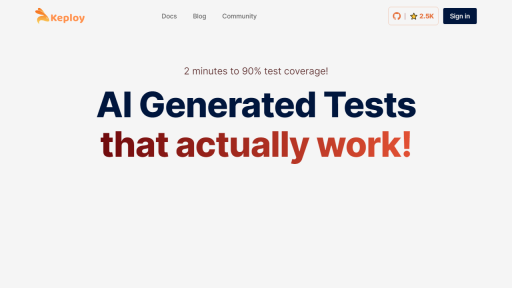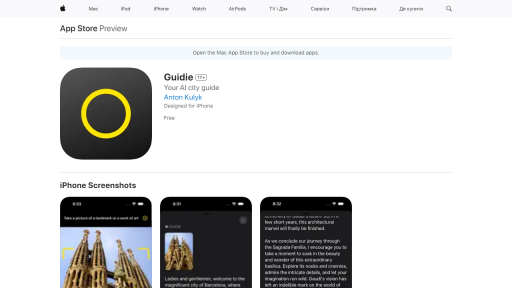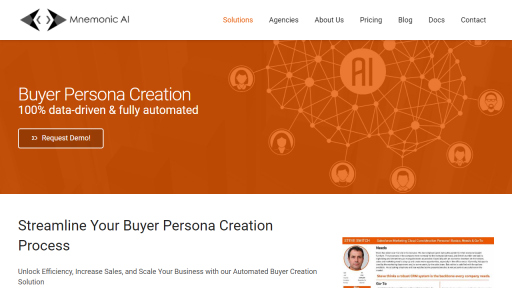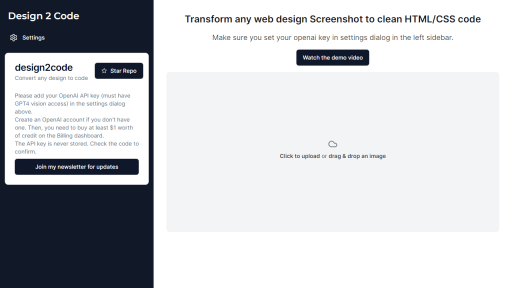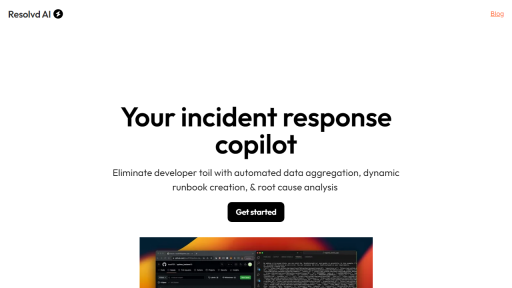What is Doctrine?
Doctrine is an advanced Object-Relational Mapping (ORM) tool used primarily in PHP development, designed to facilitate the interaction between PHP applications and databases. It abstracts the underlying database structure and allows developers to work with database records as native PHP objects, thereby enhancing productivity and maintainability of code. Doctrine provides a powerful way to manage database operations, making it easier for developers to create, read, update, and delete (CRUD) records without having to write extensive SQL queries. By leveraging the capabilities of Doctrine, developers can focus on building high-quality applications without getting bogged down by the intricacies of database management. It supports various database systems, including MySQL, PostgreSQL, SQLite, and Oracle, making it a versatile choice for various projects. Additionally, Doctrine offers built-in support for features like caching, migrations, and event listeners, which further streamline the development process. This tool is particularly popular in the Symfony framework but can be integrated with other PHP frameworks and applications as well, providing a comprehensive solution for data management in web development.
Features
- Entity Mapping: Doctrine allows developers to define entities and their relationships using annotations or YAML/XML configuration, simplifying the mapping between objects and database tables.
- Query Builder: It provides a fluent query builder that enables developers to create complex SQL queries programmatically without writing raw SQL.
- Migrations: Doctrine offers a migration tool to manage database schema changes, ensuring that changes are versioned and can be easily applied or reverted.
- Data Caching: The tool supports various caching strategies, which can significantly increase performance by reducing the number of database queries.
- Event Listeners: Developers can hook into the lifecycle events of entities, allowing for custom behaviors during entity creation, updates, or deletions.
Advantages
- Enhanced Productivity: By abstracting database interactions, developers can focus on business logic rather than dealing with SQL syntax and database specifics.
- Type Safety: Doctrine provides strong typing through PHP classes, reducing the likelihood of errors and improving code quality.
- Database Agnosticism: It supports multiple database systems, allowing developers to switch databases with minimal changes to the codebase.
- Community Support: With a large community and extensive documentation, developers can easily find resources, tutorials, and support.
- Robustness: Doctrine’s features are robust, offering built-in functionalities like validation, which can be customized according to business requirements.
TL;DR
Doctrine is a powerful Object-Relational Mapping tool for PHP that simplifies database interactions by allowing developers to work with database records as PHP objects.
FAQs
What programming languages does Doctrine support?
Doctrine is primarily designed for PHP applications, making it a popular choice for PHP developers.
Can Doctrine be used with non-Symfony projects?
Yes, Doctrine can be integrated into any PHP project, not just those built with the Symfony framework.
How does Doctrine handle database migrations?
Doctrine provides a migration tool that allows developers to create, manage, and apply database migrations in a version-controlled manner.
Is Doctrine suitable for large-scale applications?
Yes, Doctrine is well-suited for large-scale applications due to its robust features, caching capabilities, and support for complex data relationships.
Does Doctrine support lazy loading?
Yes, Doctrine supports lazy loading, allowing it to load related entities only when they are accessed, which can improve performance.

